Debbie Ng
PhD Student
debbie.ng@thinkplace.com.sg
Debbie is the Principal and Education Lead in ThinkPlace’s Singapore studio, a strategic design consultancy with a mission to humanise complexity through human-centred design thinking. As the Executive Management team of ThinkPlace, Debbie’s responsibilities include strategic planning and business development of the company. She is also the education lead in the team developing human-centred toolkits for her clients in design and complementary methods such as behavioural insights.
Certified as a Business Design Trainer and Facilitator by the Rotman School of Management, University of Toronto, Debbie is instrumental in starting design thinking to Singapore where she championed the national "Design for Enterprises" initiative in 2007. Debbie is passionate about design as an approach to help solve the wicked challenges in the world and hopes to help organisations infuse design into their organisation's practice and culture, Not just for better profits for businesses, but to improve the lives of citizens in through empathetic public policies and services. She believes that because people's needs are complex, hence, we need to dive deeper into their needs. Because customers don't know what they want, hence, we need to iterate our solutions and collaborate with our stakeholders early.
Debbie is an Associate Trainer at the Civil Service College, where she has trained over hundreds of civl servants in design thinking for public sector innovation and transformation. She has developed executive education programs, training curricula and design toolkits for her private and public sector clients. Through her practice, she has helped organisations adopt the design process to solve complex issues they are facing in delivering public value.
Research abstract:
Public organisations around the world are actively seeking new ways to transform and innovate the public sector through human-centred design approaches, including the Singapore Public Service, yet the presence of Chief design Officers at the c-level or strategic part of the organisation in public sector organisations is uncommon. This observation is unlike the private sector where there is a growing demand for Chief Design Officer positions in recent years after the notable names of CDOs like Jonathan Ive (Apple, Inc), Mark Parker (Nike, Inc) and Todd Simmons (IBM Corporation).
The drive towards embedding design in public organisations is not new, however with limited success. Innovation efforts in the public sector are primarily driven by isolated specific individuals inside established institutions and dependent on their initiative and willpower. The added problem to the responsibility of pushing innovation rested in the hands of a few individuals is also that few of the public sector managers put into the role of innovation have formal skills in design, creativity or innovation.
Hence, we seek to answer this critical question whether it necessitates the position of a Chief Design Officer in a public organisation to drive change and see the impact of design? In this research, we aim to understand the difference and value between a design champion at the project level versus at the C-level? What are the principles of a CDO in a public organisation? What makes the CDOs different from design champions?
The focus of the research will be in Singapore and potentially Asian Countries exposed to the teaching of the west and east. Findings from this research can contribute to public organisations across the region who are seeking to drive change using design leaders in their organisations.

